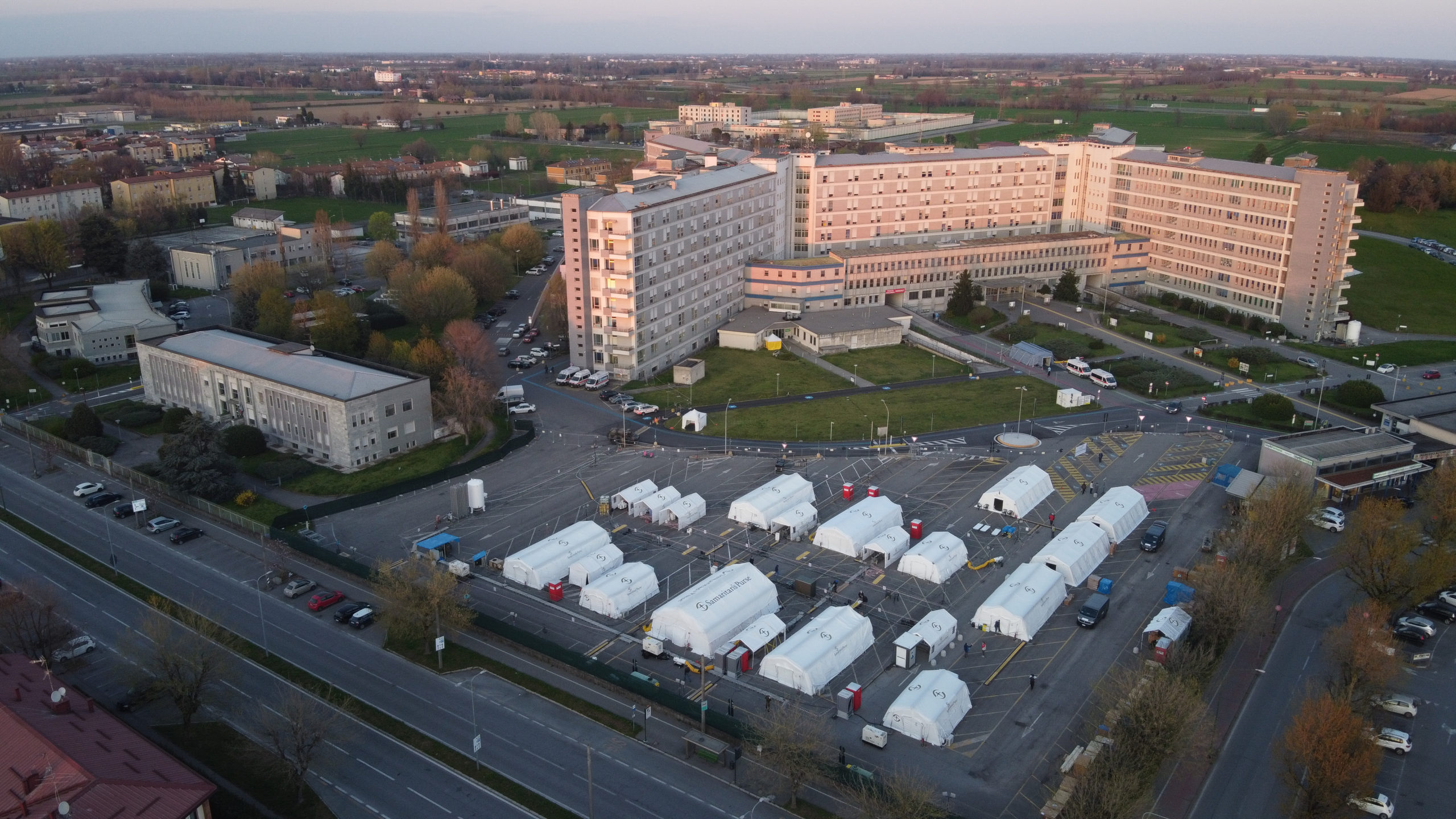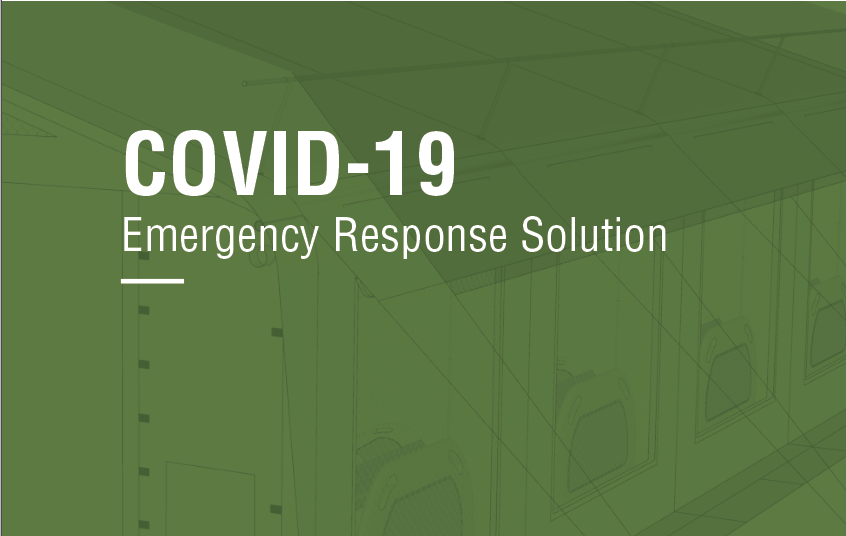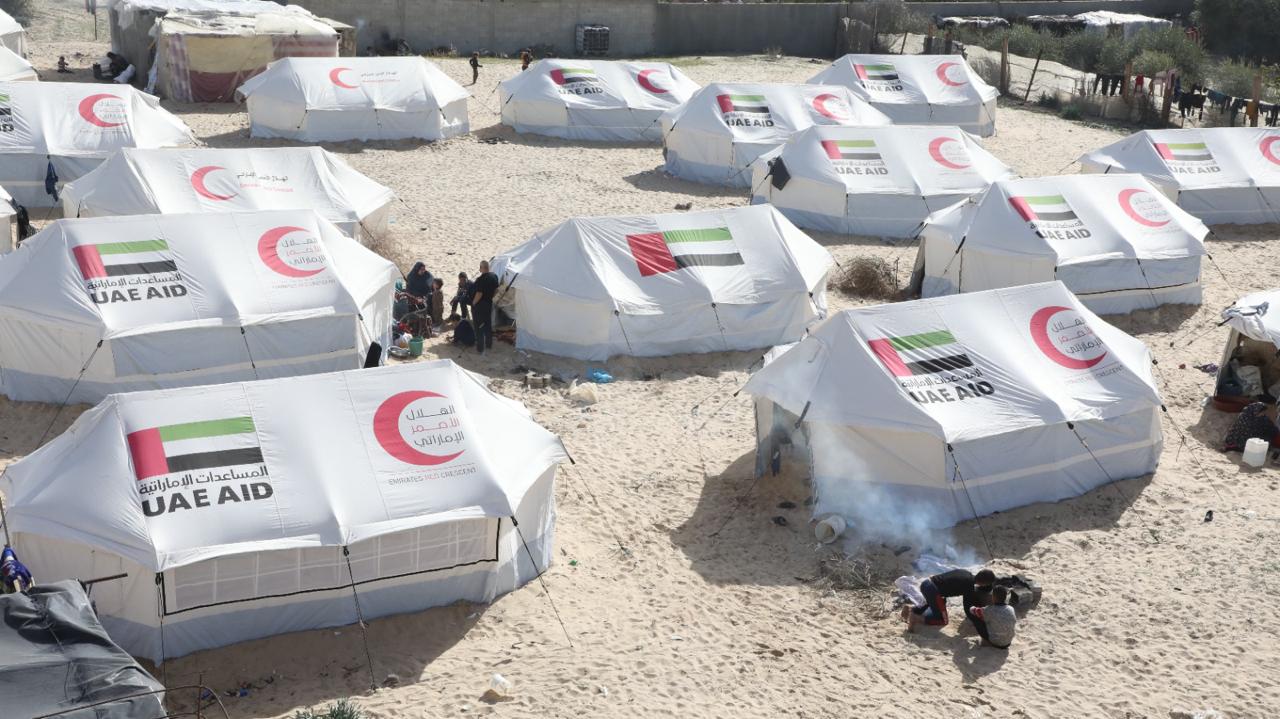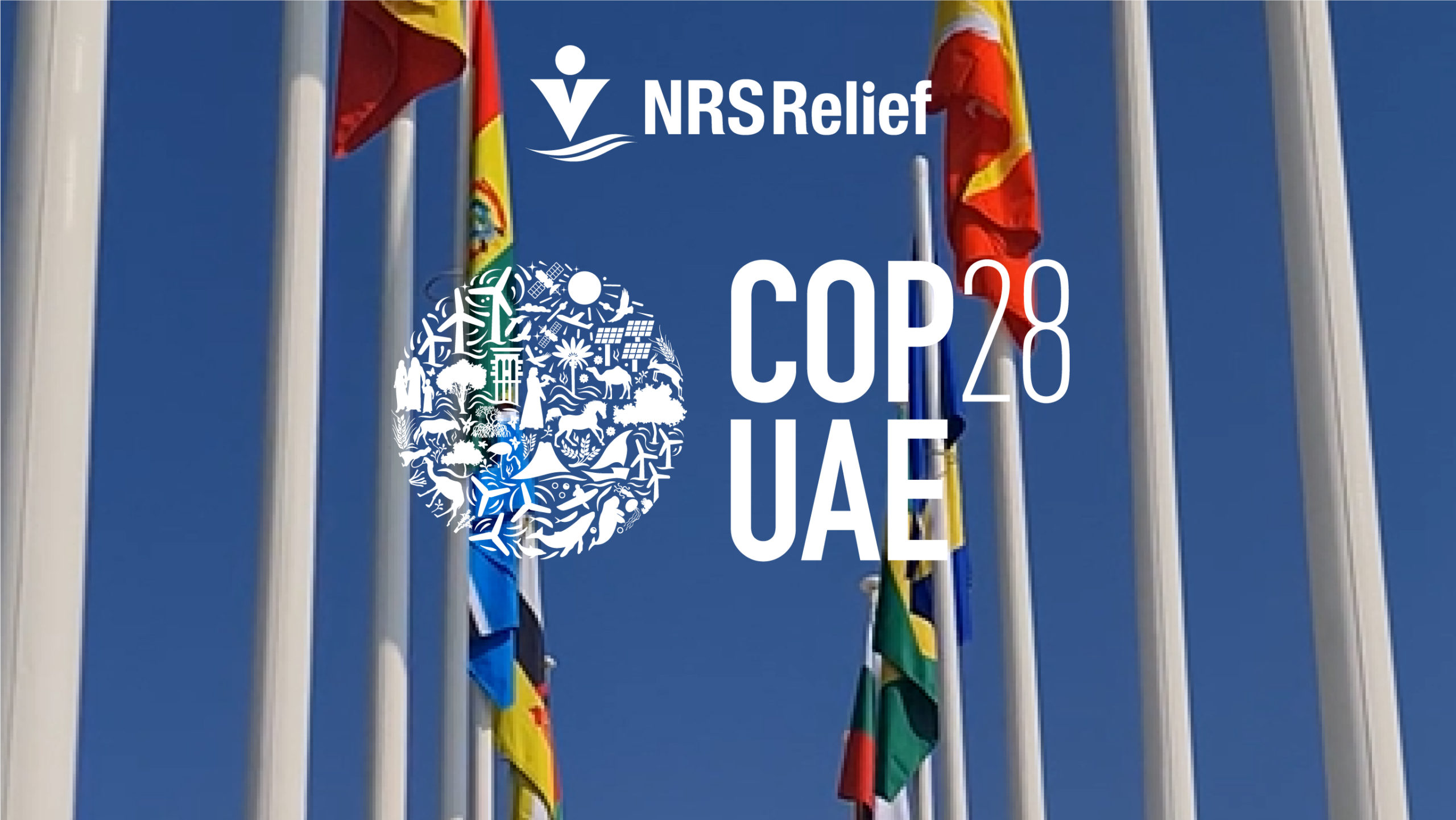NRS International prepares for the World Humanitarian Summit in Istanbul
We are proud to be part of the first ever World Humanitarian Summit in Istanbul on 22-24 May. The goal of this summit is to find new ways to tackle humanitarian challenges in our fast-changing world.
We invite all our clients, partners and friends to join the dialogue, make commitments, find new solutions and meet us in Turkey.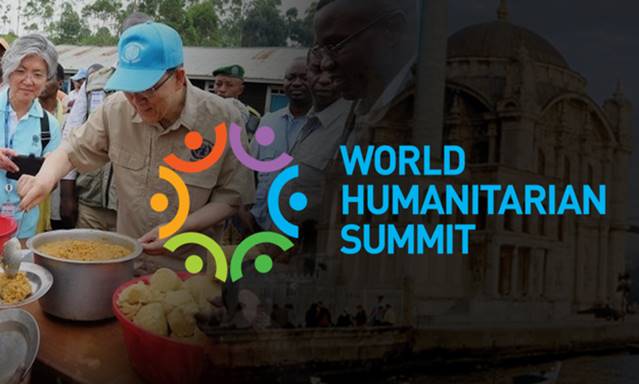
Global call to action
The UN Secretary-General Ban Ki-moon has convened this summit as a global call to action in light of the greatest levels of human suffering seen since the Second World War. The summit aims to initiate a set of concrete actions to enable better crisis response and will facilitate the sharing of best practices that can help save lives around the world.
An ambitious agenda
In a series of round table and special sessions, global leaders will discuss priority issues centered on the five core responsibilities of the Agenda for Humanity: the prevention and ending of conflict; human rights; the empowerment of the vulnerable; a new approach to aid; and the investment in local capacities. The main outcomes of the summit will be presented to all UN member states at the 71st Session of the General Assembly in New York in September.
Showcasing innovation and sustainability
A key part of the summit will be The World Humanitarian Summit Exhibition Fair, at which NRS International will feature the humanitarian solutions from its subsidiaries NRS Relief and TANA Netting. Our exhibit will takes sustainable supply chain management as its theme. Using our new multipurpose tent as an example of this approach, we will demonstrate how our sustainability ethos pervades every step of our supply chain, from the initial sourcing of materials, within our family-run factory, and ultimately to final delivery in the field.
Working together
NRS International looks forward to joining with 5,000 participants representing global leaders from government, business, aid organizations, and affected communities. By working together, we can more effectively respond to major humanitarian challenges, and be better prepared to meet the challenges of the future.










